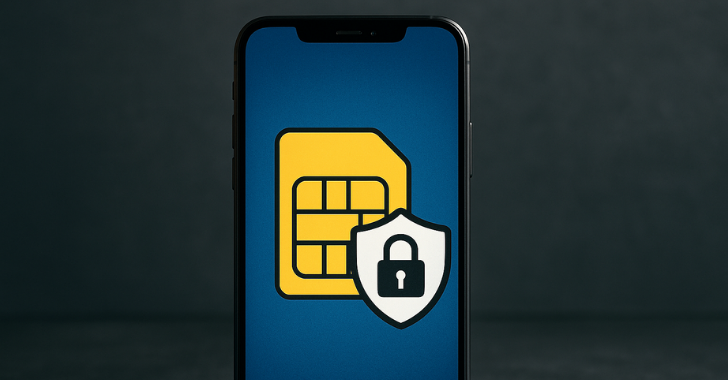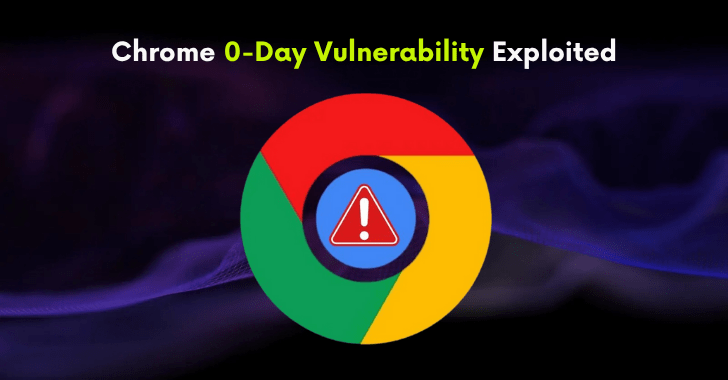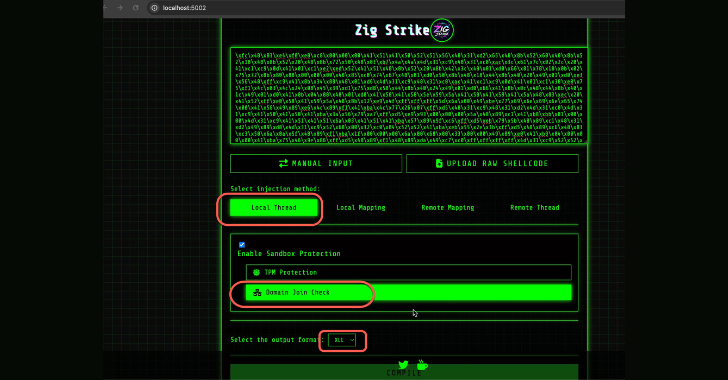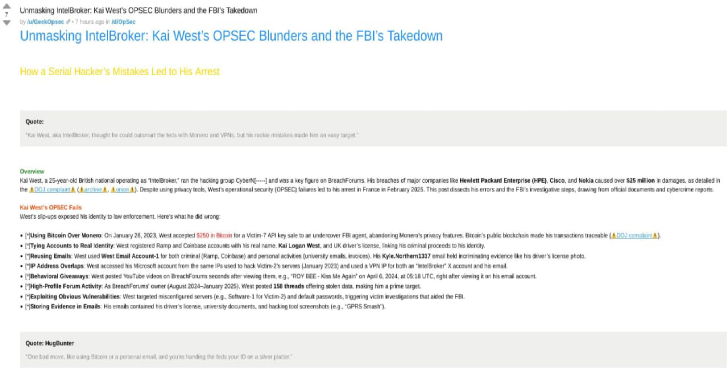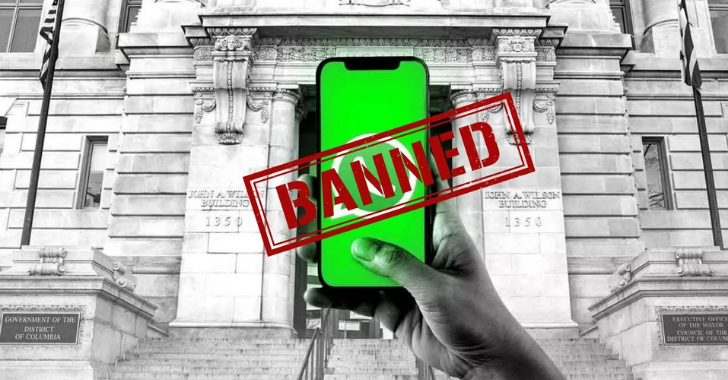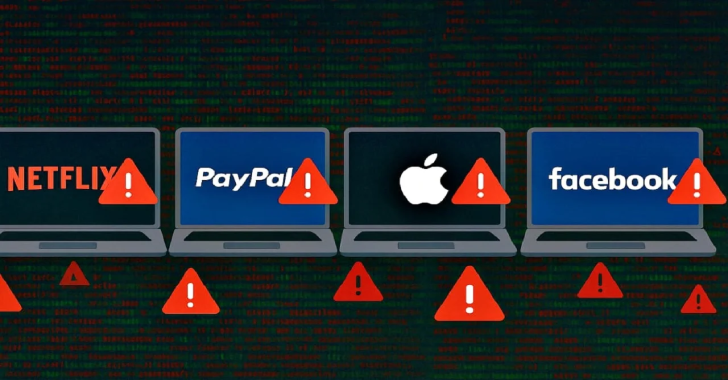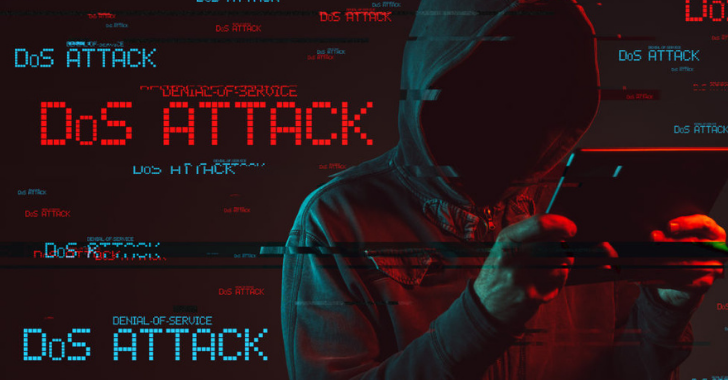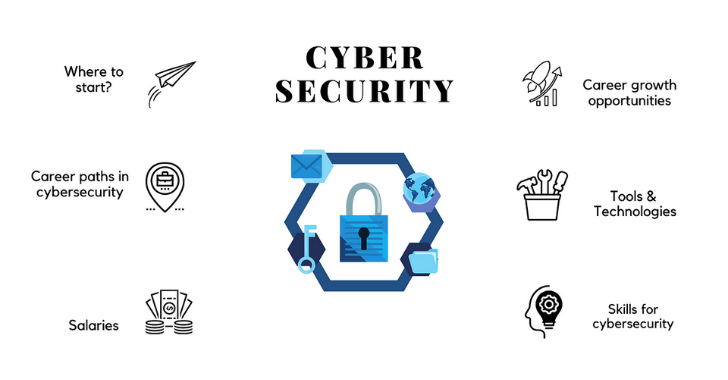Introduction
Think your password is safe? Think again. In the world of cybersecurity, password cracking tools are essential for exposing weak credentials and fixing them before attackers do. Let’s dive into how these tools work, the ethics behind them, and which ones stand out in 2025.
What Are Password Cracking Tools?
Password cracking tools are programs designed to recover lost passwords or break into systems by identifying or guessing user credentials. Ethical hackers use them for good. Cybercriminals? Not so much.
Why Password Cracking Matters in Cybersecurity
These tools help pentesters test system security. They simulate attacks, find vulnerabilities, and ultimately strengthen password defenses before real attackers show up.
Legal and Ethical Considerations
White Hat vs. Black Hat Usage
White hats use these tools with permission to improve security. Black hats? They use them for unauthorized access. The line between ethical and illegal is clear—intent and authorization matter.
Penetration Testing and Legal Boundaries
Always get written consent. Pentesting without permission can lead to legal trouble—even jail time.
Types of Password Cracking Techniques
Brute Force Attacks
Try every combo possible—digit by digit, letter by letter. Time-consuming, but effective if the password is weak.
Dictionary Attacks
Use a list of common passwords to guess credentials. Fast and surprisingly successful on weak accounts.
Rainbow Table Attacks
Precomputed tables that reverse hashes back to passwords—great for outdated or unsalted hashes.
Hybrid Attacks
Combines brute force and dictionary methods. Example: Adding numbers to common words like “admin123”.
Phishing and Social Engineering
Not software-based, but still “cracking.” Trick the user into giving up the password.
Keylogging
Record keystrokes to capture passwords as they’re typed. Very stealthy—and dangerous.
Top Password Cracking Tools in 2025
John the Ripper
The grandmaster of cracking. Open-source, flexible, and powerful.
Features and Capabilities
- Supports multiple hash types
- Works on Windows, macOS, Linux
- Customizable with plugins
Hashcat
Known as the world’s fastest password cracker. Uses GPU acceleration for speed.
GPU-Based Cracking Power
- Works with NVIDIA and AMD
- Supports over 200+ hash algorithms
- Great for Wi-Fi, NTLM, bcrypt
Hydra
A network login cracker. Targets protocols like SSH, FTP, HTTP, Telnet, RDP, and more.
Medusa
Similar to Hydra but often faster. Multithreaded and supports parallel testing.
Cain and Abel
Old but gold. Useful for hash recovery, sniffing, and decoding.
Ophcrack
Great for recovering Windows passwords using rainbow tables.
CrackStation
A web-based tool using a huge wordlist to crack common password hashes.
L0phtCrack
Focused on auditing and recovering Windows passwords. Once discontinued, now open-source again.
THC Hydra vs. Medusa – A Comparison
- Hydra: Better community support, more protocols
- Medusa: Faster, better for brute-force
How Password Cracking Tools Work
Understanding Hashes
Passwords are usually stored as hashes. Tools try to reverse-engineer them using various attack methods.
The Role of Wordlists
Wordlists are the fuel. The better the list, the more effective the tool.
Cracking Speed and Efficiency
GPU cracking is king. A decent rig can test billions of passwords per second.
Importance of GPU vs. CPU Cracking
CPU = Slower.
GPU = Lightning fast, ideal for complex tasks.
Password Hash Types and Their Vulnerabilities
MD5
Old and insecure. Easily cracked using rainbow tables.
SHA-1 and SHA-256
SHA-1 is deprecated. SHA-256 is still in use but better when paired with salting.
bcrypt and scrypt
Built for security. They slow down cracking on purpose, making attacks tougher.
NTLM and LM Hashes
Used in Windows systems. Weak without proper security in place.
Building and Customizing Wordlists
Using Tools Like Crunch
Crunch helps you generate custom password lists based on rules you define.
Custom Lists for Targeted Testing
Targeting a gamer? Include “123fortnite”. Targeted lists = better results.
Protecting Against Password Cracking
Use of Strong, Complex Passwords
Random strings of letters, numbers, and symbols work best.
Multi-Factor Authentication
Even if the password’s cracked, 2FA can save you.
Regularly Updating Passwords
Change passwords every 90 days. It reduces exposure time.
Secure Hashing Algorithms
Always hash with bcrypt, scrypt, or Argon2. And salt it!
Educational Use Cases and Labs
Password Cracking in Ethical Hacking Courses
Many cybersecurity bootcamps and CTFs use these tools for hands-on learning.
Simulating Attacks for Awareness
Simulations help employees understand how fast weak passwords fall.
Challenges and Limitations
Time-Intensive Cracking
Even with a GPU, strong passwords can take days or weeks to crack.
Encryption and Salting
Modern defenses make cracking way harder—as they should.
Legal Risks for Unauthorized Use
Use these tools only in ethical, authorized environments. Always ask first.
Future of Password Cracking Tools
AI and Machine Learning in Password Guessing
AI predicts password patterns based on user behavior. Scary accurate.
Quantum Computing and Password Security
Quantum computers may crack today’s passwords in seconds. Post-quantum encryption is already in development.
Conclusion
Password cracking tools are powerful and necessary in the right hands. They help identify weak points, educate users, and test systems for real-world readiness. But with great power comes great responsibility—use them wisely, legally, and ethically.
FAQs
Is it illegal to use password cracking tools?
Only if used without permission. In ethical hacking or educational labs, it’s perfectly legal.
Which is the fastest password cracking tool?
Hashcat is widely recognized as the fastest, especially when using GPU acceleration.
Can password cracking tools break all passwords?
Not all. Strong passwords with proper hashing can resist cracking for years.
What’s the safest way to store passwords?
Use strong hashing algorithms (bcrypt/scrypt) with salting and limit login attempts.
Are these tools only for hackers?
No. They’re also for security professionals, educators, and ethical hackers working to improve cybersecurity.

